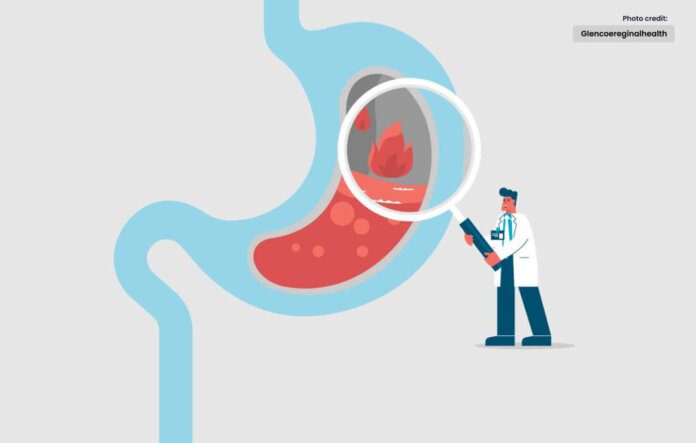Discover GERD symptom, cause, and effective treatment for acid reflux.
Millions of people across the world suffer from the common digestive disorder known as gastroesophageal reflux disease (GERD). It occurs when stomach acid frequently flows back into the esophagus, causing discomfort and potentially leading to complications. If you or someone you know is struggling with GERD, this blog will provide valuable insights into its treatment options, helping you find relief and regain control over your digestive health.
Understanding GERD: Causes and Symptoms
GERD typically results from a malfunction of the lower esophageal sphincter (LES), a ring of muscle that separates the esophagus from the stomach. When the LES relaxes or weakens abnormally, stomach acid can flow into the esophagus, causing irritation and discomfort.
Common symptoms of GERD include:
- Heartburn: A burning sensation in the chest that frequently occurs after eating or when lying down
- Regurgitation: Sour or bitter-tasting acid backing up into the throat or mouth.
- Difficulty Swallowing: A feeling of food getting stuck in the throat.
- Chronic Cough: A persistent, dry cough unrelated to respiratory infections.
- Hoarseness: Changes in the voice due to acid irritation.
- Chest Pain: May mimic the pain of a heart attack and should be evaluated promptly.
GERD Treatment Options
Effective GERD management involves a combination of lifestyle changes, dietary modifications, and, in some cases, medication or surgery. The choice of treatment depends on the severity of symptoms and the individual’s response to various therapies. Here are some common GERD treatment options:
Lifestyle Modifications
- Dietary Changes: Avoid trigger foods and beverages like citrus, tomatoes, chocolate, caffeine, and fatty or spicy foods.
- Meal Timing: Eat smaller, more frequent meals and avoid eating close to bedtime.
- Elevate the Head of Your Bed: Sleeping with your upper body elevated can help prevent acid reflux during the night.
- Weight Management: Losing excess weight can reduce pressure on the stomach and improve symptoms.
Medications
- Antacids: Over-the-counter antacids can provide quick relief by neutralizing stomach acid.
- H2 Receptor Blockers: Prescription or over-the-counter medications that reduce acid production in the stomach.
- Proton Pump Inhibitors (PPIs): Prescription drugs that block acid production more effectively than H2 blockers.
Surgery
- Fundoplication: In severe cases or when medications are ineffective, a surgical procedure known as fundoplication may be recommended. It involves wrapping the top of the stomach around the LES to prevent acid reflux.
Endoscopic Procedures
- LINX Device: A ring of magnetic beads is surgically implanted around the LES to help keep it closed while allowing food to pass through.
Consult a Healthcare Professional
It’s crucial to consult a healthcare professional if you suspect you have GERD or if your symptoms persist despite lifestyle modifications and over-the-counter medications. Left untreated, GERD can lead to complications such as esophageal ulcers, strictures, or Barrett’s esophagus, a condition associated with an increased risk of esophageal cancer.
In conclusion, GERD is a common digestive disorder that can significantly impact one’s quality of life. However, with the right treatment plan and lifestyle changes, relief is attainable. If you or someone you know is experiencing GERD symptoms, consult a healthcare provider for an accurate diagnosis and personalized treatment recommendations. By taking proactive steps to manage GERD, you can improve your digestive health and enjoy a more comfortable, symptom-free life.




